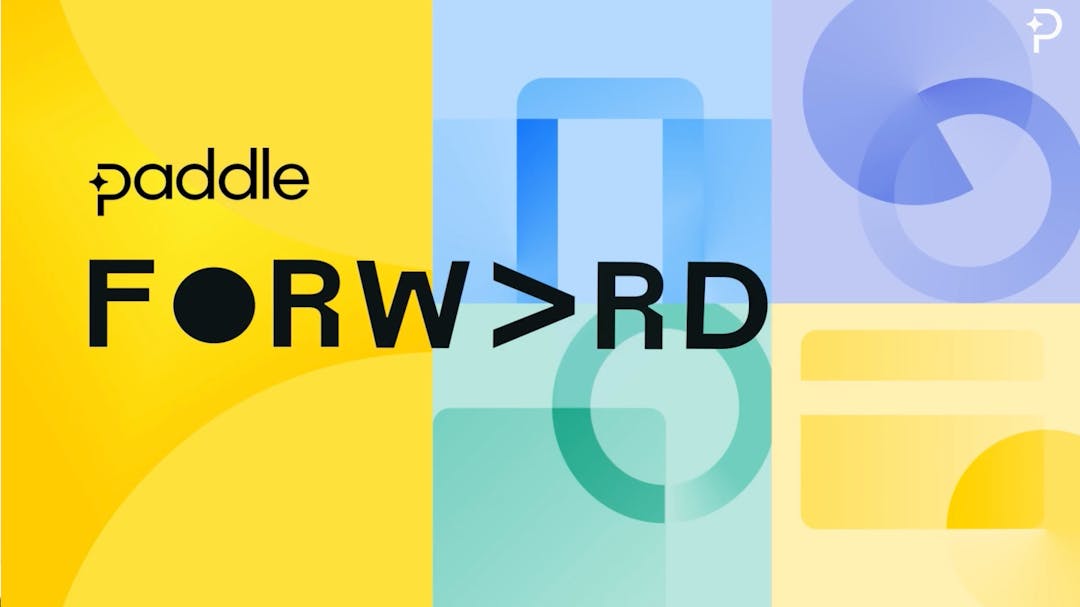Last week I appeared in court in San Francisco to testify in Epic Games’ lawsuit against Google and its practices within its Google Play app store. I wanted to share a brief explanation of why I was there, and why I think this case matters to the whole software and developer ecosystem.
As the co-founder of one of the leading payments infrastructure providers in the world, and one that has already developed an alternative in-app payments offering, I was asked to provide perspectives on the app developer ecosystem and the implications of this trial for it.
I’ve been asked why I provided this testimony and my answer is simply that I felt it was the right thing to do:
- Google currently has a monopoly over payments in its Google Play store. It charges 15% or 30% for every in-app sale made, and adopts a policy that makes it incredibly difficult for alternative in-app purchasing offerings to be developed at a lower cost.
- When platforms like Google pursue practices such as these, they curb competition, drive up prices for consumers, and limit smaller developers' ability to grow in, and even enter, the online digital marketplace.
- The developer ecosystem deserves a better deal. Opening up the Android ecosystem to competition has the potential to be transformative for thousands of app developers and millions of consumers, and only by doing this can we create a fairer and more competitive digital ecosystem.
- Fundamentally, I believe competition is better for everyone. However, Google currently prevents Paddle (or anyone else) from offering any kind of alternative. This restricts innovation and worsens the end user experience.
The Epic vs Google court case may, or may not, prove to be the catalyst that brings real change. Whatever the outcome, there is growing pressure on platforms like Google globally and I believe it is only a matter of time before these major parts of the software ecosystem are opened up to the same kind of competition that exists across the rest of our industry.



